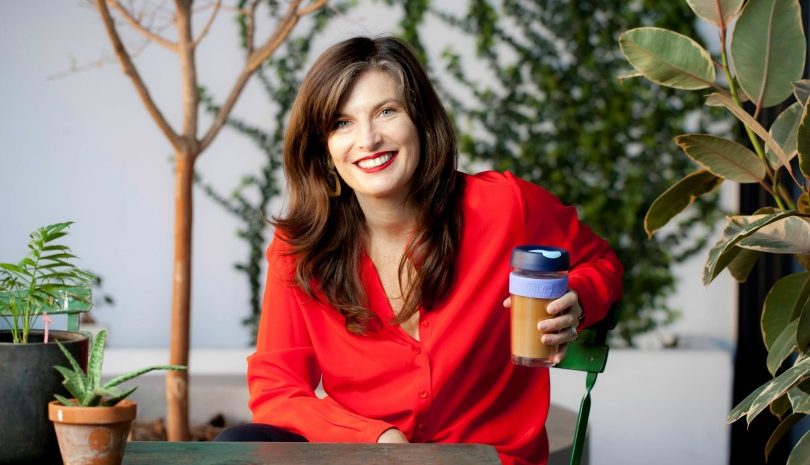Abigail Forsyth of KeepCup talks 700 per cent growth and Amazon

In this podcast, Internet Retailing editor Heather McIlvaine speaks with Abigail Forsyth, founder and CEO of KeepCup, a reusable coffee cup company based in Melbourne.
After it was featured in the ABC’s three-part War on Waste documentary in May of this year, KeepCup saw a 700 per cent increase in sales enquiries virtually overnight.
Talking about handling the sudden influx of orders, Forsyth said, “It’s hard to know what to attack first, to not answer the phone and get the order out the door, or to answer the phone…”
KeepCup is primarily distributed through cafes and other retailers, but it also sells to direct-to-consumer online and at its office in Fitzroy.
Forsyth is wary of how this side of the business will be impacted by the arrival of marketplace giants like Alibaba and Amazon in Australia.
“We’re [on Amazon] in the US and UK and we know that decimates any online business that we drive,” Forsyth said, adding that sales made through Amazon don’t make up for sales lost through the company’s own website.
“Amazon is a very difficult customer to deal with. They have a lot of chargebacks and addbacks and value-adds which are just small enough that you … that they seemed not worth pursuing, but just large enough that aggregated over time can just decimate your margins,” she said.
Forsyth said KeepCup will only sell on Amazon in Australia “if we absolutely have to”.
“In the US, we had to because it was so established there by the time we got there that for us it was a branding exercise. If you’re not on Amazon, no one’s going to have heard of who you are. It’s a necessary evil. Whereas here, we have a great brand presence and people know who we are, so I would be trying to avoid it until such time as we can no longer do so,” she explained.
Responding to the trend of same-day and next-day shipping that Amazon has led, and which has contributed to its rise, Forsyth asked “to what end? What is it doing for people really in our lives?”
“In the end, sustainability is about consumption. Do you really need this thing you’re buying and need so urgently. If you’re prepared to wait, the environmental cost of shipping are less than if you need it delivered in two hours,” she said.
“I guess you have to change the conversation around what a well-lived life is…It’s questioning what us retailers are doing, questioning our motivations,” she said.
Comment Manually
You must be logged in to post a comment.

No comments